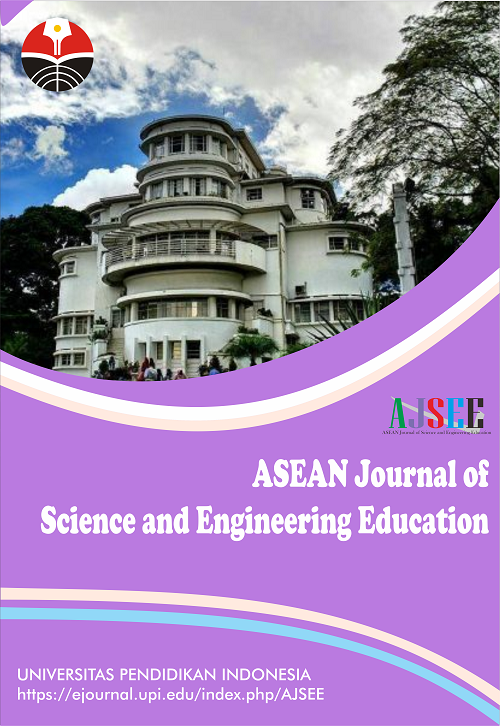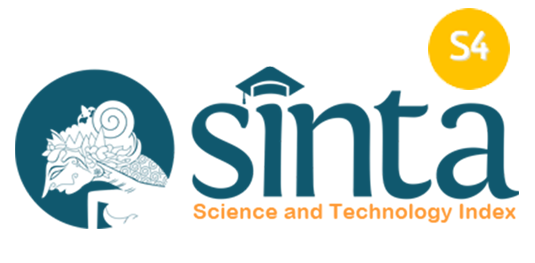Information Communication Technology and Student Personnel Services in Osun State Higher Learning Institutions
Abstract
Keywords
Full Text:
PDFReferences
Anthony, D. A. G. and Benjamin, K. O. (2011). Assessing the provision of quality students’ services and satisfaction in Teritary Institution in Ghana. Asian Journal of Business and Management Sciences, 1(12), 20-32.
Baecker, R. M. (2008). TIMELINES Themes in the early history of HCI---some unanswered questions. Interactions, 15(2), 22-27.
Buendia, E., Ares, N., Juarez, B. G., and Peercy, M. (2004). The geographies of difference: The production of the east side, west side, and central city school. American Educational Research Journal, 41(4), 833-863.
Burns, W. D. (1990). Health education in higher education’s future. Journal of American College Health, 39, 103-108.
Essien, E. E., Essien, C. K., Unimna, F. A., and Effiom, J. E. (2020). Family stability and social studies students' academic achievement in tertiary institutions in cross river state, nigeria: implications for adult environmental education. European Journal of Social Sciences, 59(2), 138-148.
Habib, M. N., Jamal, W., Khalil, U., and Khan, Z. (2021). Transforming universities in interactive digital platform: case of city university of science and information technology. Education and Information Technologies, 26(1), 517-541.
Magolda, M. B. B. (2009). The activity of meaning making: A holistic perspective on college student development. Journal of College Student Development, 50(6), 621-639.
Nguyen, T. D., Oloyede, A., Singh, S., and Gu, Y. (2015). Microscale consolidation analysis of relaxation behavior of single living chondrocytes subjected to varying strain-rates. Journal of the Mechanical Behavior of Biomedical Materials, 49, 343-354.
Papastergiou, M. (2009). Digital game-based learning in high school computer science education: Impact on educational effectiveness and student motivation. Computers and Education, 52(1), 1-12.
Roberts, D. M. (2007). Preferred methods of professional development in student affairs. Journal of Student Affairs Research and Practice, 44(3), 959-975.
DOI: https://doi.org/10.17509/ajsee.v3i2.49354
Refbacks
- There are currently no refbacks.
Copyright (c) 2022 Universitas Pendidikan Indonesia

This work is licensed under a Creative Commons Attribution-ShareAlike 4.0 International License.














